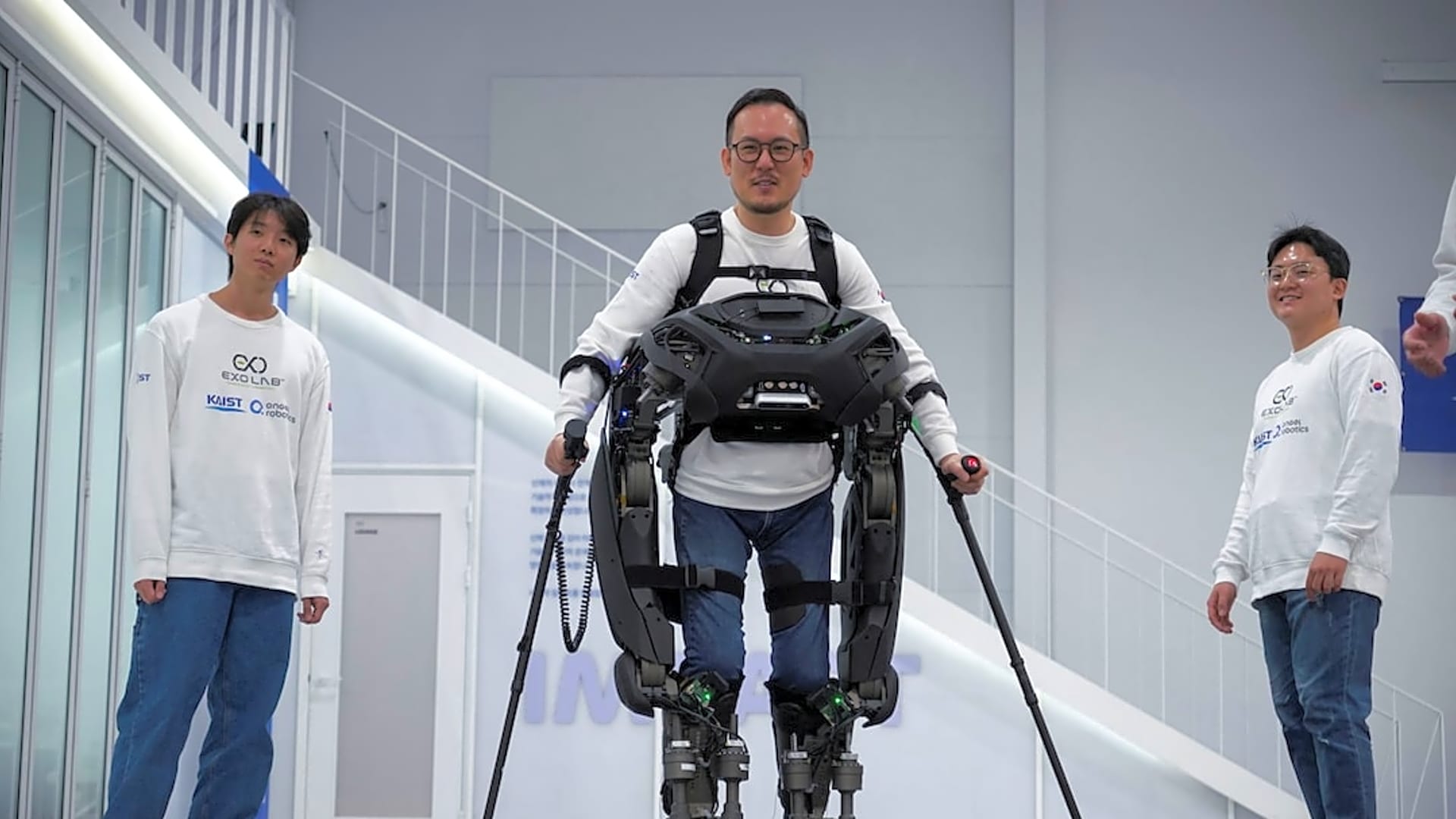Summarized by AI Model:google/pegasus-multi_news
– For the third year in a row, Lenovo South Africa and the Durban University of Technology in South Africa have teamed up to host the RoboGirl program, an effort to get more women into science, technology, engineering, and mathematics fields, Mashable reports. On Monday, 85 girls from 17 schools in the KwaZulu-Natal region of South Africa headed to DUT for a day of instruction in robotics, Internet of Things technology, and coding. "By highlighting these technologies' potential to boost industries, promote economic growth, and create a more cohesive and effective society, this project highlights the wider economic and social implications of these technologies," Lenovo says in a press release. Students will learn "how these technologies can propel digital transformation, enhance everyday life, and tackle real-world issues," says Janesamy Janesamy, Lenovo South Africa's CSI champion. "The blending of theoretical learning with real-world application is a crucial component of the RoboGirl curriculum. In addition to being given an introduction to the principles of robotics, the Internet of Things, and artificial intelligence (AI), participants will be entrusted with creating their own IoT solutions." Lenovo and DUT say they've helped hundreds of young women into STEM fields since the program's founding, and 29 of themSummarized by AI Model:google/pegasus-multi_news
– For the third year in a row, Lenovo South Africa and the Durban University of Technology in South Africa have teamed up to host the RoboGirl program, an effort to get more women into science, technology, engineering, and mathematics (STEM) fields, Mashable reports. On Monday, 85 girls from 17 schools in the KwaZulu-Natal region of South Africa headed to DUT for a day of instruction in robotics, Internet of Things technology, and coding. "By highlighting these technologies' potential to boost industries, promote economic growth, and create a more cohesive and effective society, this project highlights the wider economic and social implications of these technologies," Lenovo says in a press release. Students will learn "how these technologies can propel digital transformation, enhance everyday life, and tackle real-world issues," says Janesamy Janesamy, Lenovo South Africa's CSI champion. "The blending of theoretical learning with real-world application is a crucial component of the RoboGirl curriculum. In addition to being given an introduction to the principles of robotics, the Internet of Things, and artificial intelligence (AI), participants will be entrusted with creating their own IoT solutions," Janesamy adds. Lenovo and DUT say they've helped hundreds of young women into STEM fields since the programIn an effort to promote young women’s futures in STEM subjects (science, technology, engineering, and mathematics), Lenovo South Africa and the Durban University of Technology (DUT) will host the much-anticipated RoboGirl program for the third year in a row.
85 girls from 17 schools in KwaZulu-Natal will receive practical instruction in robotics, Internet of Things (IoT) technology, and coding on Monday. By highlighting these technologies’ potential to boost industries, promote economic growth, and create a more cohesive and effective society, this project highlights the wider economic and social implications of these technologies.
RoboGirl guarantees that students acquire useful skills that are in line with the requirements of the Fourth Industrial Revolution, preparing them for the future. “The blending of theoretical learning with real-world application is a crucial component of the RoboGirl curriculum. In addition to being given an introduction to the principles of robotics, the Internet of Things, and artificial intelligence (AI), participants will be entrusted with creating their own IoT solutions, according to Jane Govindsamy, CSI champion at General Lenovo South Africa.
“The competition aims to promote collaboration, innovation, and problem-solving skills while showcasing how these technologies can propel digital transformation, enhance everyday life, and tackle real-world issues.” Hundreds of young women from disadvantaged schools have benefited from RoboGirl since its founding, and 29 of them have gone on to seek postsecondary education in STEM professions like business, teaching, information technology, and medicine.
Even if there are more platforms that help women in STEM, there is still a sizable gender gap, which emphasises the need for more effective interventions. “Our partnership with Lenovo has proven to be a highly impactful initiative, providing young women in our community with valuable resources to pursue careers in technology,” stated Dr. Tlou Maggie Masenya, who heads the Durban University of Technology’s information technology department.
The cooperation between Lenovo and DUT is a prime example of how partnerships may be used to create long-term solutions for urgent socioeconomic problems like unemployment and restricted educational opportunities, which are still major problems in South Africa. Both organisations contribute significantly to the development of a future workforce that is diverse, talented, and equipped to handle the problems of the Fourth Industrial Revolution through RoboGirl.
Lenovo’s dedication to fostering the next wave of technological innovators will be further demonstrated by the rewards, mentorship, and growth opportunities that the competition winners will receive.


